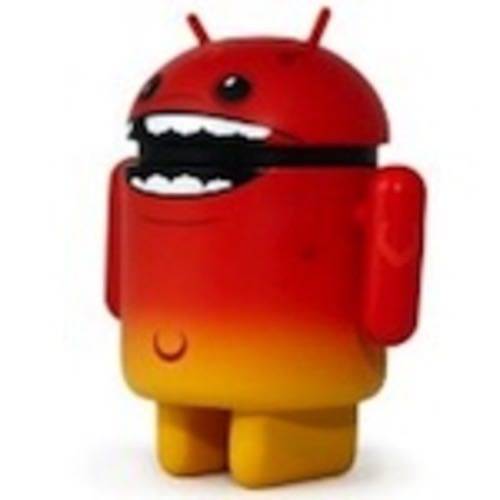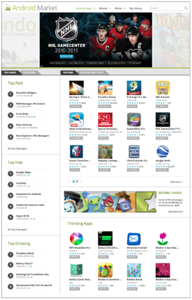
One of the bigger problem areas for Android users has always been the Android Market. As a matter of fact, Google didn’t even provide a Web-based interface until just three months ago, meaning users could only browse apps directly from their phones.
While the website was certainly a welcome addition it still had plenty of room for improvement – especially in terms of app discovery – and this week Google launched a number of new features to help users find new apps.
Prior to the version of Android Market launched last February, it was actually impossible to search for Android Apps via the bare-bones Web presence Google offered for Android apps. Thankfully, the market has come a long way since then and Google has introduced five new features to help the best apps rise to the top.

First, Google has added a number of new “top app” charts, revamping the old lists and adding top new free, top new paid, and top grossing lists. It has also added an “Editor’s Choice” section, which highlights apps chosen by the Android Market staff themselves. If having apps picked out by the people who matter most is what you’re looking for, then you’ll also enjoy the fact that 150 developers – who Google says are “creating the highest quality, most popular, and most notable apps available on Android Market” – will now be highlighted with a special icon wherever the developer name appears.
The final two additions will hopefully leverage some of that special Google juice that helps Google identify trends and buzz. First, Google will now suggest related apps whenever you view a specific app’s details, showing apps frequently browsed by people who viewed the app, and apps that people tend to install alongside the app. Next, Google will show trending apps, so you can jump on the bandwagon before it’s too late and you’re the only one without the coolest app on the block.
Now, if Google could just get rid of that terrible phony Flickr app that nearly destroyed my first experience as a new Android user. (Don’t worry, I’ve since recovered and am learning to love – as I predicted – my fully integrated Android experience.)

















